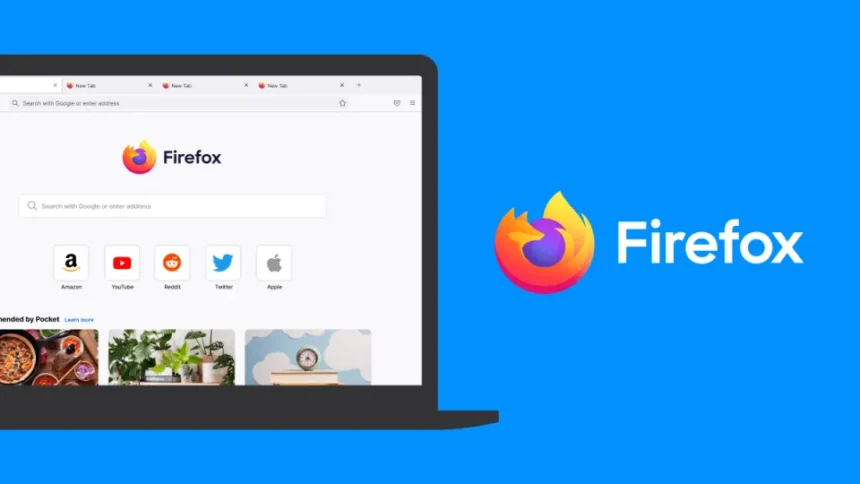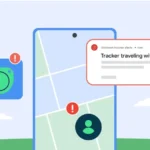Many websites ignore the request anyway, making it useless in current times.
In a move that signals the end of an era, Mozilla has officially removed the “Do Not Track” (DNT) feature from its Firefox browser. Introduced in 2009, Firefox was the pioneer among browsers to adopt this privacy feature, offering users a way to request websites to stop tracking their online activities. However, starting with Firefox version 135, the DNT option will no longer be available. While users of the experimental Nightly builds may already notice its absence, the change will soon roll out to all Firefox users.
This isn’t an isolated decision—Mozilla is not the first browser developer to abandon DNT. Apple had already removed the feature from Safari back in 2019. So, why is Mozilla following suit now, and what does this mean for users concerned about online privacy?
The Rise and Fall of “Do Not Track”
To understand the significance of this decision, it’s important to look back at what “Do Not Track” was intended to achieve. The feature allowed users to send a signal to websites, essentially asking them not to collect or share their browsing data. However, DNT was never a legally binding mechanism—it was merely a suggestion that websites could choose to honor.
Unfortunately, the vast majority of websites ignored these requests, rendering the feature ineffective in practice. Without widespread adoption or enforcement, DNT became more of a symbolic gesture than a practical privacy tool. Mozilla’s help page now reflects this reality, noting the decision to phase out DNT in favor of more effective privacy measures.
Enter Global Privacy Control (GPC)
While retiring DNT may seem like a step backward, Mozilla is redirecting its focus to a more impactful alternative: Global Privacy Control (GPC). Unlike DNT, GPC is gaining traction as a privacy standard that websites are increasingly recognizing and complying with. GPC sends a signal to websites requesting that they refrain from selling or sharing a user’s data. Importantly, this feature is not just a suggestion; in certain jurisdictions, compliance with GPC is legally mandated.
Firefox now includes a “Tell websites not to sell or share my data” option, powered by GPC. This represents a shift from the voluntary nature of DNT to a system with actual legal weight in privacy-focused regions. For users, this means greater protection and a higher likelihood that their privacy preferences will be respected.
What This Means for Privacy-Conscious Users
While GPC offers a significant improvement over DNT, it’s not a silver bullet. Privacy-conscious users who want to go the extra mile should consider additional tools and practices:
- Use a VPN: A Virtual Private Network (VPN) encrypts your internet traffic, masking your IP address and making it harder for advertisers and trackers to profile you.
- Ad Blockers and Tracking Protection: Extensions like uBlock Origin or Privacy Badger can help block intrusive ads and trackers.
- Secure Browsing Practices: Regularly clear your cookies, use private browsing modes, and avoid sharing personal information online.
The Bigger Picture: Mozilla’s Privacy Mission
Mozilla’s decision to retire DNT aligns with its broader mission to provide meaningful privacy protections for its users. While DNT’s intentions were noble, its lack of enforcement rendered it obsolete in today’s privacy landscape. By shifting to GPC and other robust privacy tools, Mozilla aims to stay ahead in the ongoing battle for online privacy.
For users, the message is clear: while browsers like Firefox are evolving to offer better privacy features, staying safe online requires a combination of tools and informed practices. As the internet continues to evolve, so must our strategies for protecting personal data.










